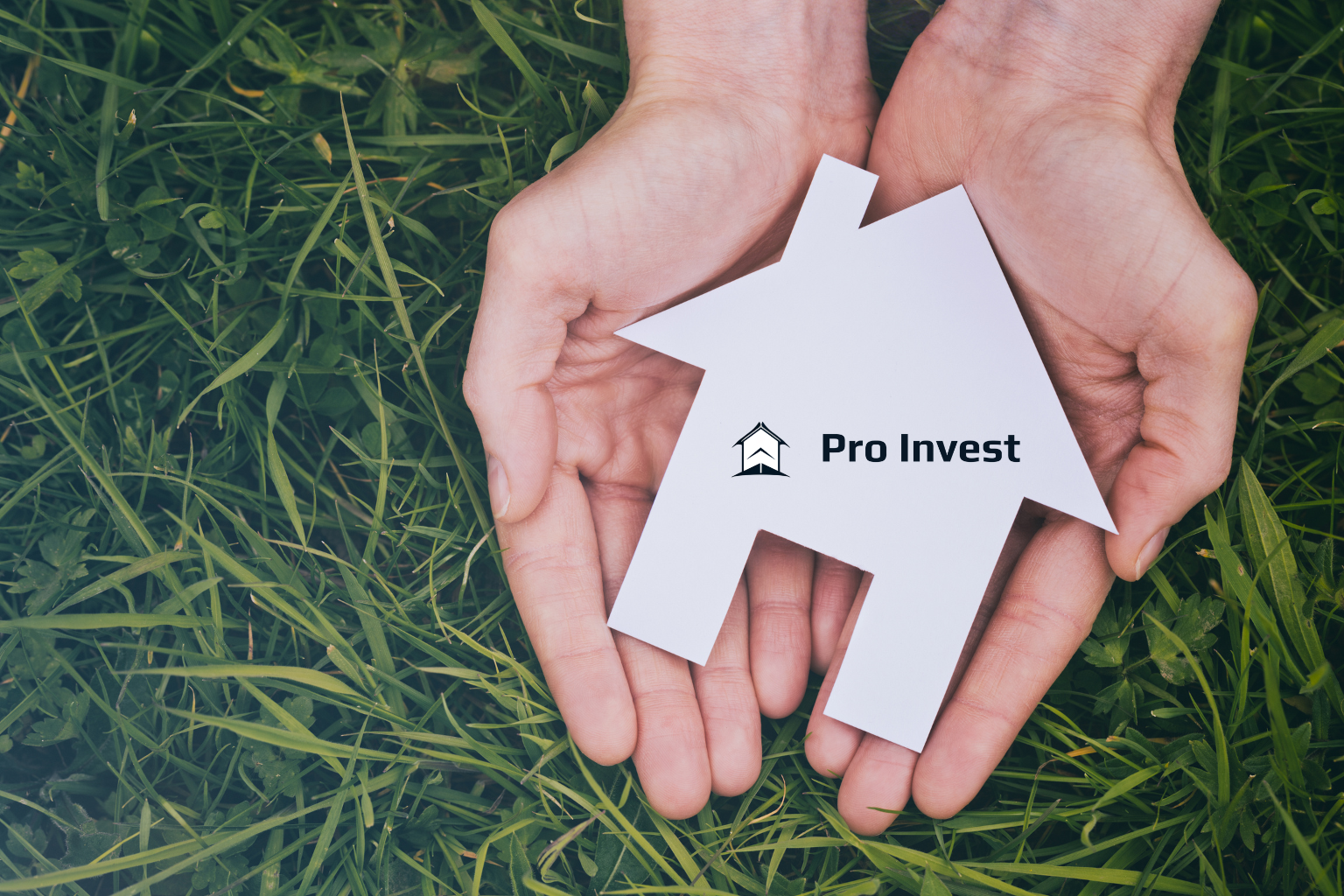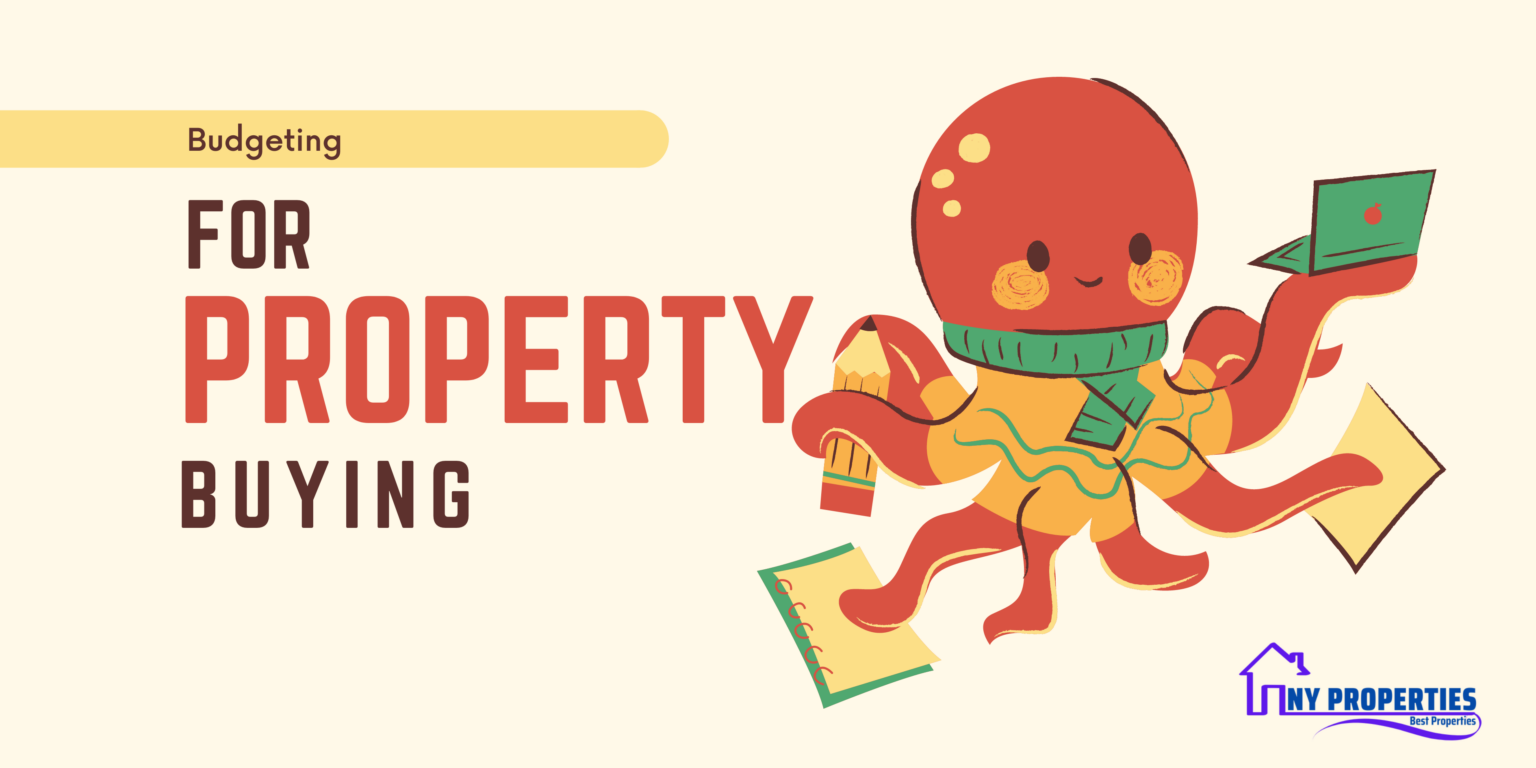Australia is a wonderful destination for purchasing investment properties. It has stable property markets that allow investors to make gains, build wealth, and secure their finances.
However, buying a house for investment can be a tough, risky, and challenging experience for beginners. You need elaborate research, planning, and knowledge to make it profitable.
This article is every beginner real estate investor’s guide to buying a house. You will learn how to invest in properties and what to do on your housing investment journey.
Buying a House as an Investment Property
Buying a House as an investor is a good way to generate passive income and build wealth.
You can earn financial returns from your investment in the following ways;
- A rental yield: you rent the house to a resident and earn money from rent.
- A future gain: You wait until the property appreciates and then sell it for a profit.
How Much Deposit Do You Need to Buy a House as an Investor in Australia?
Usually, you will need up to a 20% deposit to buy an investment property.
You can either use your equity from your existing home or your savings to purchase an investment property.
If you’re unable to make a full deposit of 20%, you can take out a Lender’s Mortgage Insurance (LMI). This helps to keep the bank safe if you’re unable to repay your mortgage.
How to Buying a House for Real Estate Investment
Here is how to navigate the path to buying a house for real estate investment.
Access Your Budget and Cash Flow
The first thing you should do is meticulously evaluate your cash flow and your budget. Check out this 7 tips budgeting for property buying.
Make an exhaustive list of your expenses and assets, putting into consideration your savings and sources of income.
This comprehensive assessment will help provide clarity on the amount that you have available for a deposit and the funds you need to save.
A proper understanding of your finances will also enable you to set realistic goals and make informed decisions as you set out for property investment.
Make a Plan for Investment
Once you understand your finances, you need to know the property that you would be investing in.
Being able to answer the following questions would help you make a good investment plan;
- What kind of house are you looking to buy? Is it a brand new house or unit or an apartment?
- How much will it cost to buy the house? How much do you need to spend?
- Which locations would suit your profile as an investor?
- What are the continuous or ongoing expenses for houses in a specific location?
- How much capital would you need to start investing?
- What are the rental returns and vacancy rates that you can expect when you buy a house in a location?
- Are people very attracted to that location? Are there any benefits of housing in that area or neighbourhood?
- What income or cash flow do you expect?
- What are the risks involved?
Get a Pre-approval From Your Mortgage Broker or Bank
If you realize that you need more money to buy a house for an investment purpose, you would need a home loan.
Most lenders will require an upfront payment of 20% of the current property value as a deposit.
Compare different lenders and go for a loan with the best terms. You can achieve this by contacting different lenders and finding out the amount they are willing to lend you and the interest rate that they offer.
You’ll need pre-approval so that you can be certain of the amount of money that you’re willing to spend on each property.
Decide on a Good Loan Structure
What loan structure would fit you the most? Should you choose an interest-only loan structure or a principal-and-interest loan structure?
Should you lock the loan interest rates on a split, variable, or fixed term?
The economic environment where you want to buy an investment house is important. You can also talk to a financial professional to help you.
What Are Your Investment Goals?
You need to know what you want to achieve within your time frame for investment. Is your plan to invest for a consistent rental income? Or do you want to sell it later and make a profit?
Your investment goals will help determine the area you buy your properties and guide your expectations.
Get Professional Help
Consider getting a professional accountant and financial accountant so that you can become clearer on your investment goals.
Getting professional help will help you verify your budget, understand tax implications, and the benefits of purchasing a house for investment.
You can also get advice on the best investment strategy that will generate the best returns.
Consulting a conveyancer or a lawyer will help you through the legal documents and legislation related to property purchase and sale.
Getting professional assistance during the complex documentation and settlement process will make it easy to navigate.
Property Management
After buying a house for investment purposes, you need to decide on property management. You can hire the services of a property manager or choose to do it yourself.
While a property manager may cost you some money, their level of expertise is beneficial for the proper management of the house.
A property manager will provide a regular detailed evaluation report of your property. They will also review the local market and the current rent rates to help you get the best outcome.
Conclusion
Buying a house as a beginner real estate investor in Australia requires careful planning, thorough research, and sound financial decision-making.
Although the process may be challenging, the potential for generating passive income and building wealth through rental yields and future appreciation is promising.
Evaluating your budget, setting clear investment goals, seeking professional guidance, and selecting an appropriate loan structure are essential steps to getting the right results.
Moreover, diligent property management, whether through professional or self-management, ensures the continued success of your investment.
With dedication, informed choices, and expert support, you can navigate the complexities of real estate investment and achieve your financial goals.




